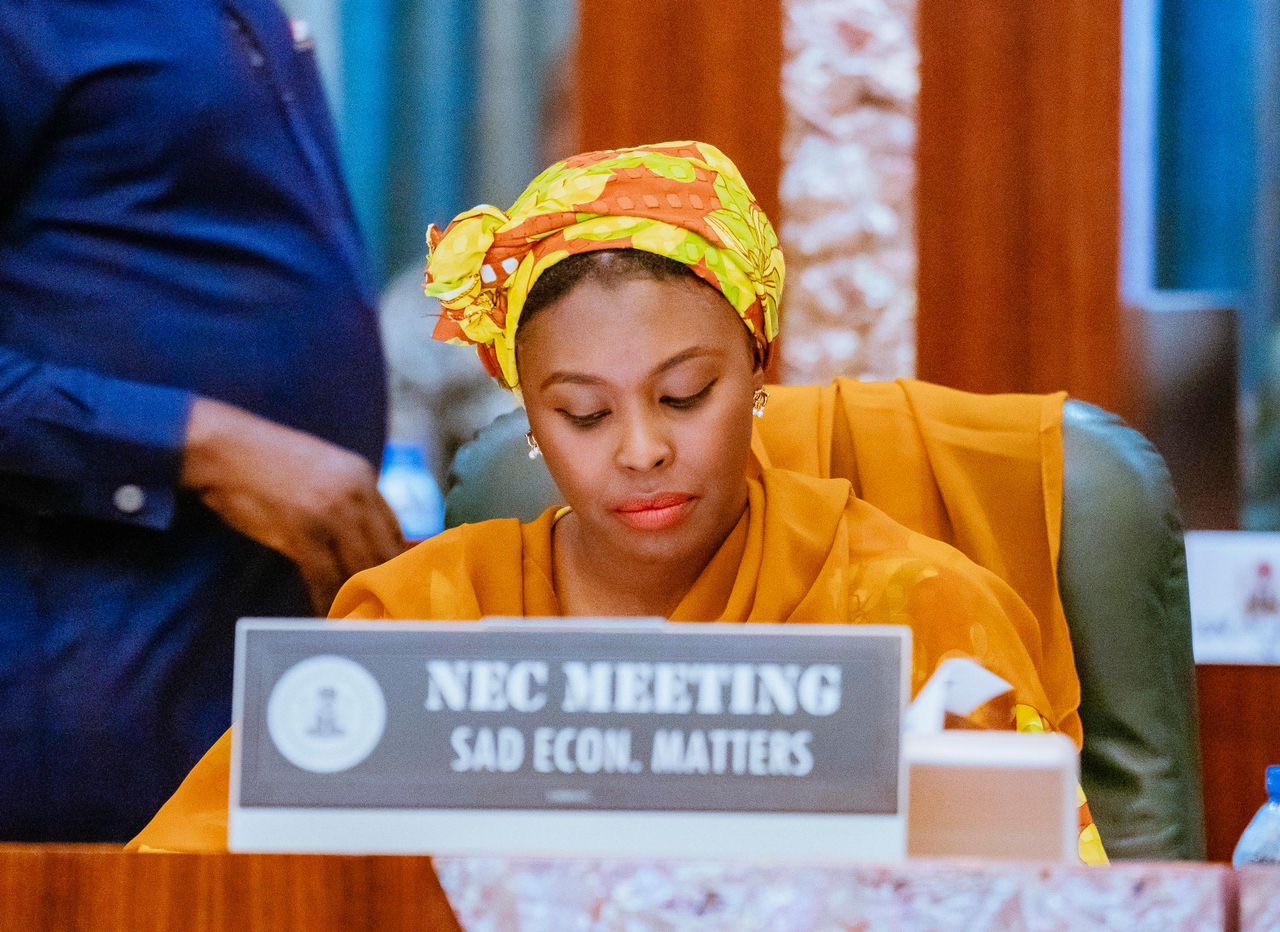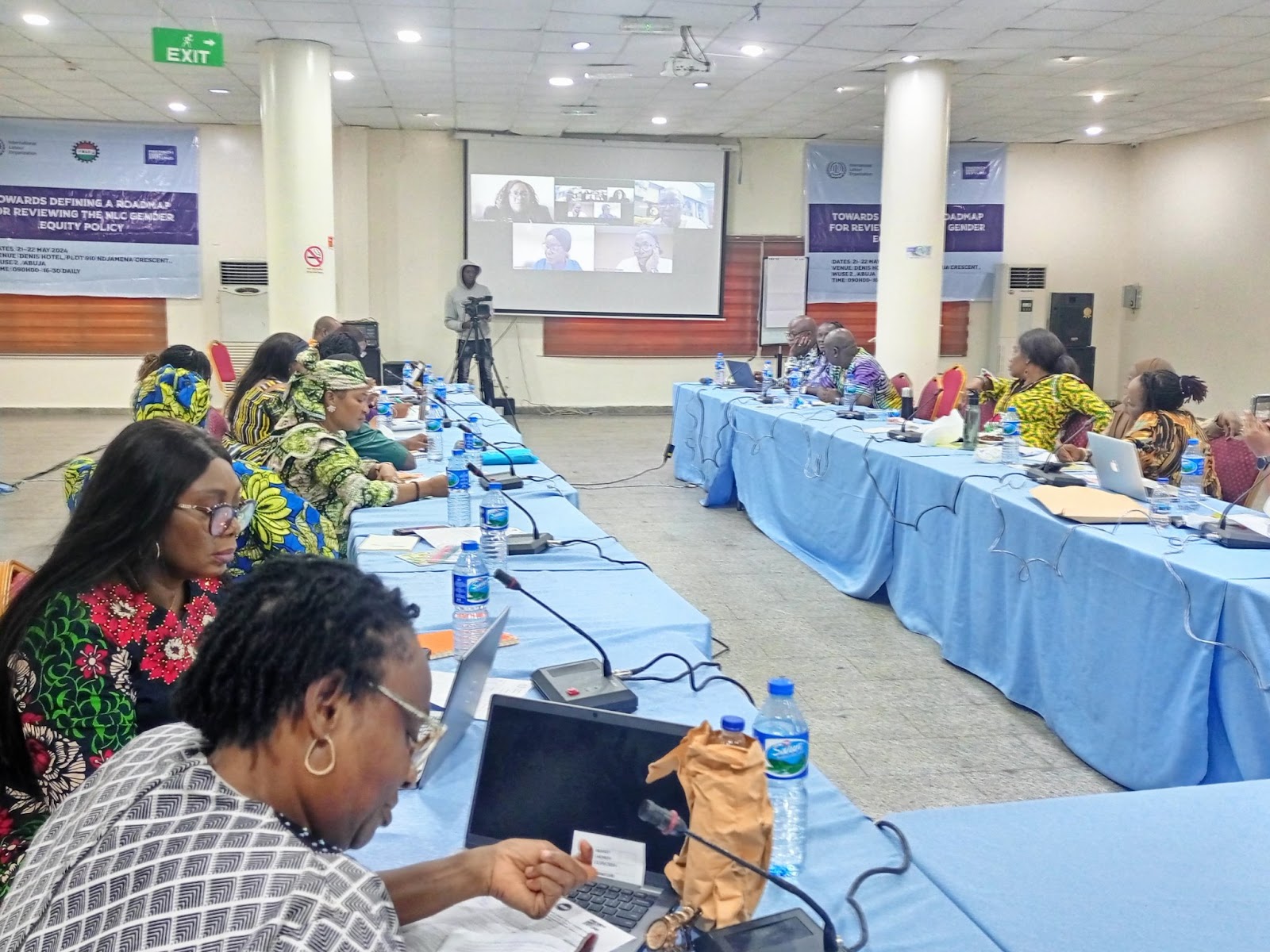
|
Getting your Trinity Audio player ready...
|
The National Economic Council (NEC) has advised the withdrawal of the current Tax Reform Bill from the National Assembly, recommending a more thorough consultation process with key stakeholders. The move, announced during the 145th NEC meeting held on Oct. 31, 2024, at the Presidential Villa in Abuja, aims to foster broader consensus on the proposed tax reforms expected to have far-reaching economic impacts.
The recommendation follows a presentation by Mr Taiwo Oyedele, Chairman of the Presidential Fiscal Policy and Tax Reforms Committee. The National Economic Council’s call for a deeper engagement with stakeholders underlines the government’s commitment to aligning on policies that will be both impactful and sustainable. The Council emphasised that inclusive dialogue would ensure the tax reform reflects the diverse perspectives of the Nigerian public and various economic sectors.
This shift in tax policy comes as Vice President Kashim Shettima announced new measures that the Council will adopt to decentralise the national power grid to address the frequent power outages that have affected states nationwide, particularly in the North. Senator Shettima, who presides as the Chairman of NEC, highlighted the importance of prioritising reliable power sources and minimising grid collapses that disrupt the lives and economies of affected areas.
He detailed the decentralisation strategy, focusing on establishing mini-grids and harnessing renewable energy sources such as solar photovoltaic systems and wind turbines. In a post shared on X, the Vice President reaffirmed the administration’s resolve to address pressing energy issues, stating,
“The burden of accountability has compelled the government to never look away from these issues.”
These policy directions underscore NEC’s broader agenda of fostering a resilient economy through tax reforms and sustainable energy solutions that address immediate needs while planning for Nigeria’s long-term growth.





